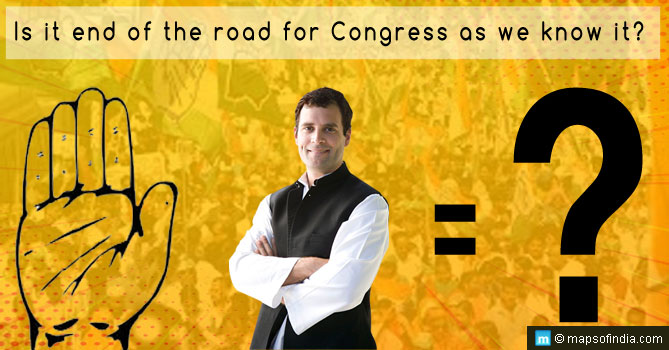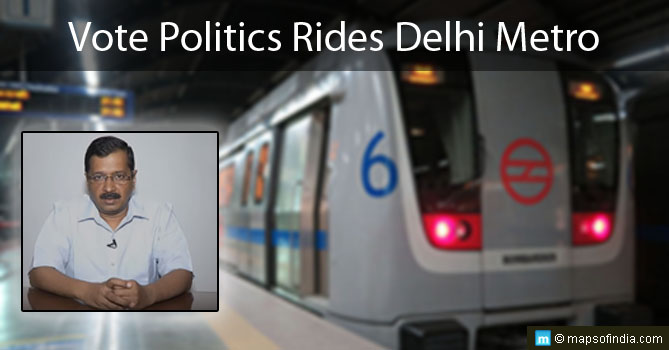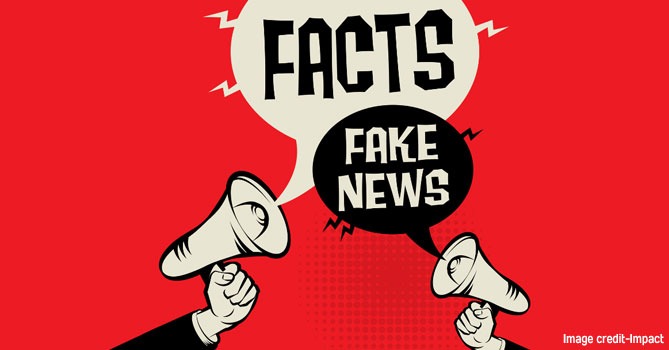UPA government has seen more than half a dozen riots during its tenure. Apart from the 2013 Muzzaffarnagar riots and infamous pogrom in Assam in 2012, the country has been affected by intermittent instances of communal violence. A truth that makes social unrest even more dreadful is the way the issues are carefully politicized to pander to the demands and concerns of a particular section of voters.
Just when Assam was trying to forget the scars of 2008 Bodo-Muslim violence and 2012 riots, another bout of sectarian attack shook the state’s confidence in the possibility of harmonious co-existence. In the meantime, political parties have already started spewing venoms on their oppositions in a bid to condemn ‘them’. It’s a much abused strategy to project ‘we’ as the most righteous entity and the savior of humankind.
As the people of Assam’s Baksa District live in fear of dying in the hands of fanatic armed men, India’s eminent political leaders of the ruling and the opposition party are seen exchanging remarks that don’t befit their stature. Congress party leaders were prompt in identifying one of the probable causes of Assam violence – “Modi’s divisive rhetoric.” According to them, BJP’s PM candidate should have restrained from making hardline comments on illegal Bangladeshi immigrants residing in Assam. Congress stalwarts can also find a ‘pattern’ with which BJP has been creating a ‘communal atmosphere’ in the country.
Political observers are of the opinion that his comments on border controls are ‘very damaging’. Indian Law minister also echoed the same sentiment when he said, “Modi is a model of dividing India.” The communal overtone of the
Since retaliation is the election game plan, BJP questioned PM’s efforts in the last 10 years to strengthen law and order in the state which has been a recurring victim of sectarian clashes. The party further levelled a serious charge affirming that vote-bank politics of Congress is the main reason behind the most recent violence. They are quick to criticize lack of Center-state coordination and questioned Home Minister’s inaction on the issue. Belonging neither to the Right Wing ideology, nor the Congress clan, the CPI-M has come out its version of the cause of Assam riots. According to one of the party spokespersons, the recent spate of attacks is the result of a persistent political propaganda that considers every Muslim in Assam to be Bangladeshis.
Using riots issue as an arsenal to corner the opponents is a legacy that runs in the DNA of Indian politics. 1984 Anti-Sikh riots issue still remains a milking cow for political parties giving enough fodder for the parties to put each other in a whirlpool of allegations. With more than week left for the nine-phase Lok Sabha elections to end, every political party has found a new agenda to tear into the opposition’s prospect of winning. While one tries to cash in on the consequences of riots, the other passes the buck on to their rivals for making provocative poll speeches aimed at disrupting law and order.
For all those who are yet to cast their vote, it is my request to choose your future leaders wisely because Indians would not like to see it happen again – politicization of riots for electoral gains. It’s time we got rid of opportunistic politics.
Related Information:
Muzaffarnagar Election Result
Assam Election Results 2014
Election Result 2014






